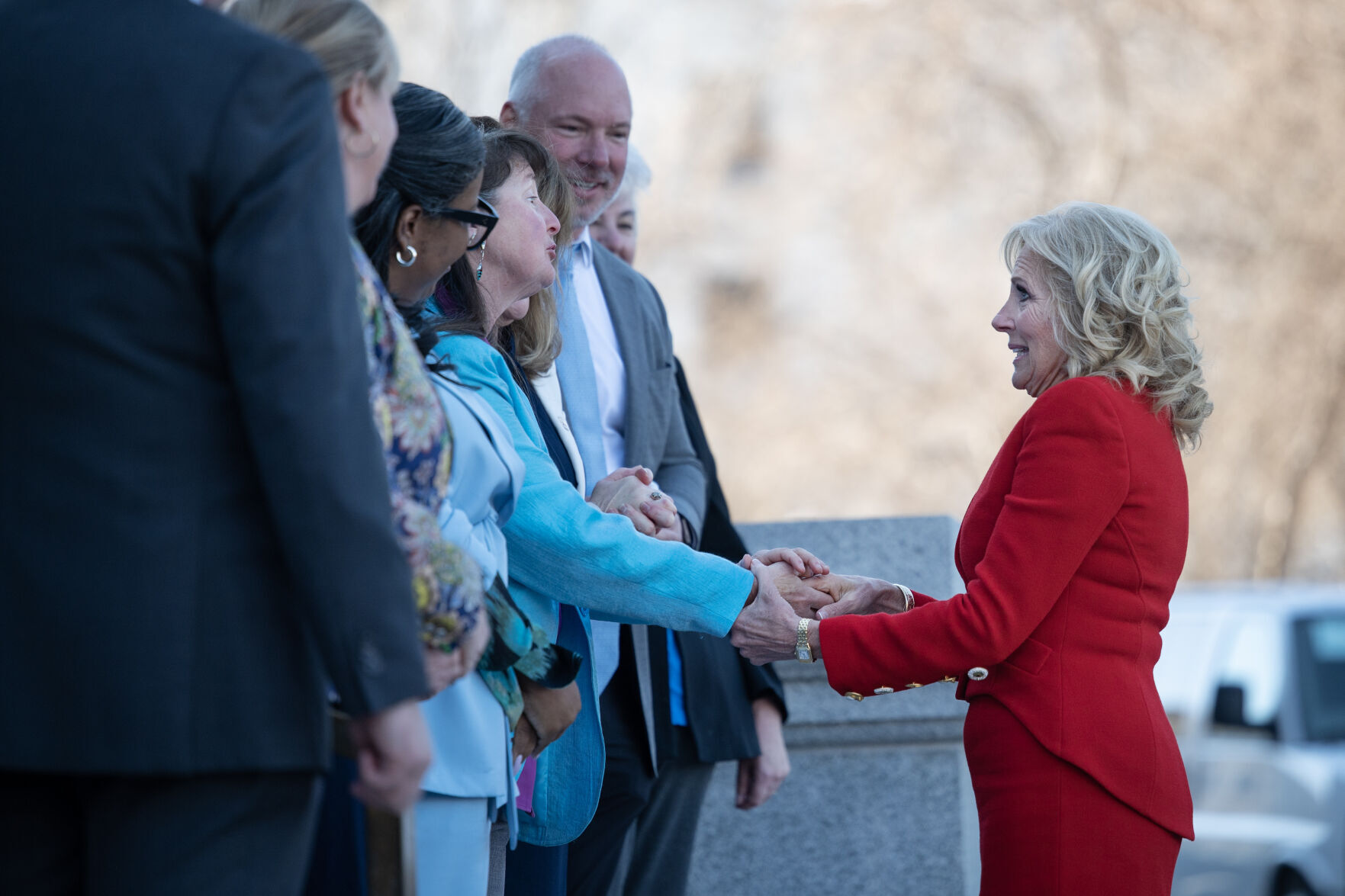Q&A with state Sen. Sonya Jaquez Lewis on banning new oil and gas drilling by 2030

The Denver Gazette interviewed state Sen. Sonya Jaquez Lewis, D-Boulder, regarding her sponsorship of Senate Bill 24-159, which proposes to ban all new oil and gas drilling by 2030. The bill would not shut down existing wells but would prevent drilling activities to increase production in existing wells. It also extends liability for cleanup of closed wells to former owners and operators.
Denver Gazette: Why you think this bill is good for Colorado?
Jaquez Lewis: So, why is this still important? Well, oil and gas production in Colorado is important, so I drove my hybrid car to work today at the Capitol. But the other piece that is also important is most Coloradans agree with us that we can’t keep drilling forever. This is an energy source that is finite. So, oil and gas emissions are negatively impacting public health. And as a pharmacist, I see children and families that are living near oil and gas wells that are developing health conditions like asthma in an alarming rate. So this bill is a land, air, water, and public health legislation.
DG: I was referred to a study by the American Petroleum Institute by Price Waterhouse that says that oil and gas activities in 2021 contributed more than $48 billion to the state’s gross domestic product and provided $34 billion in labor income. Now, stopping oil and gas exploration, isn’t that going to have a major impact on one of the major industries in Colorado?
Jaquez Lewis: So, Colorado already produces much more oil and gas than we use, and what is currently happening is we’re exporting 40% of oil production is leaving the state of Colorado, 75% of natural gas is leaving the state of Colorado. So, Colorado gets all the pollution while big oil and big gas get the profits.
DG: I suppose the argument would be that the profits, the part that’s not profits, the operating expenses, stays in Colorado and that if you cut production by 40% or 75% because it can’t be exported, that’s going to have an impact, is it not?
Jaquez Lewis: No, we’re just asking why is it being exported? It’s our state resources. Why are they exporting it? Why are we not able to have it here for Colorado because it’s a finite energy? That’s our question.
DG: I’m not sure, but I think that runs into the Interstate Commerce Clause issue.
Jaquez Lewis: No, it doesn’t. It doesn’t at all. Interstate commerce clause, the dormant clause is if we’re telling a company that they have to do something a certain way here in Colorado versus the way another state does it. We’re not telling them what they do in other states. … We’re asking a simple why are they exporting so much of the resources from Colorado and we’re getting all the pollution and they’re getting all the profits? The other thing I’ll state is that we have drilled over 120,000 wells and 50,000 wells are in production, and we know that thousands and thousands of wells will be producing far beyond 2050. We will have wells that are producing well into, past 2050. So, we are saying that oil and gas is important, but it’s a finite resource. We can’t keep drilling forever.
DG: I’m just wondering, this proposal would essentially prevent oil companies from accessing their own resources underground. Does that raise Fifth Amendment takings issues and issues with the state constitution that prohibits takings without just compensation?
Jaquez Lewis: We are saying that they have thousands and thousands of wells that they have permits for. There is no takings. They will be able to continue to produce. There’s nothing in the bill that says that they cannot keep producing from the wells that they have. It’s over 50,000 wells in the state.
DG: Right. But what about the properties that they have not drilled yet, where they own the resources or are leasing the resources? Aren’t those going to be locked up?
Jaquez Lewis: Well, not at all. We already know that fossil fuel demand is going down and we’re already on our way to 80% clean energy by 2030. So if fossil fuel demand is going down and they have access to over 50,000 wells, there’s going to be plenty of oil and gas production.
DG: Well then why do you need to ban future production if the market is going away? Won’t that serve the same purpose as a regulation that prevents them from opening new wells on their own mineral resources?
Jaquez Lewis: The reason why we are wanting to phase down is because Colorado needs to be a participant in what many other countries have pledged to do, which is to do something to reduce greenhouse gas emissions. We have the Paris Accord of 2015, which was the COP 20, all the way to last year. We had COP 28 where hundreds of countries agreed to reduce fossil fuel production and try to decrease greenhouse gas emissions. And we know that oil and gas industry is one of the largest polluters when it comes to greenhouse gas emissions. So we have to take steps to fall in line with what other countries and other states are doing.
DG: Is there anything else you’d like to say?
Jaquez Lewis: I just want to emphasize that with this particular energy, it’s a public health issue. I mean, the time that we need to act to protect our children’s future when it comes to land, air, water is really now later is too late.
DG: What’s your opinion of the stringent regulations that have been put in place in the last couple of years to control emissions from oil and gas?
Jaquez Lewis: It’s speculative. It’s speculative as to whether our stronger regulation is truly reducing emissions. The jury’s still out on that.



